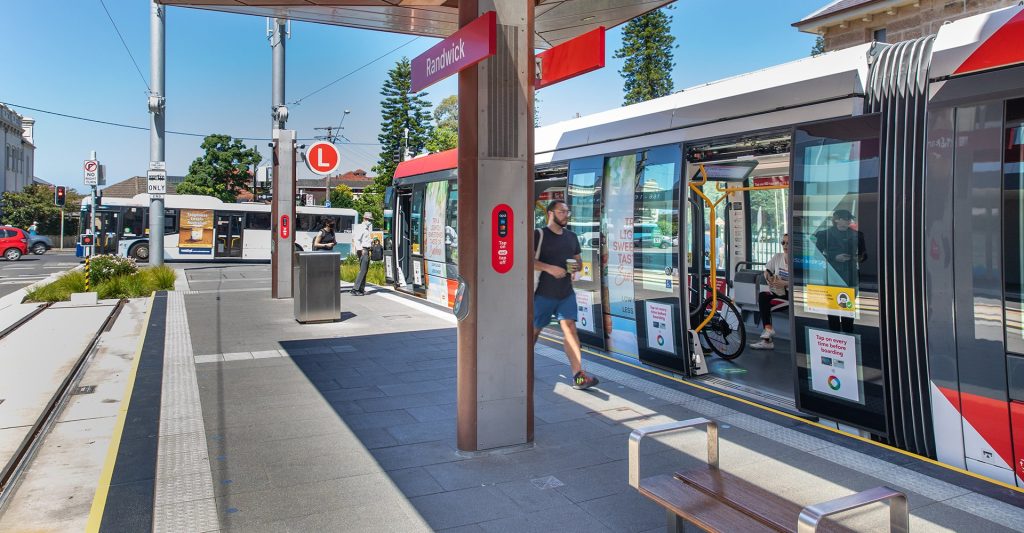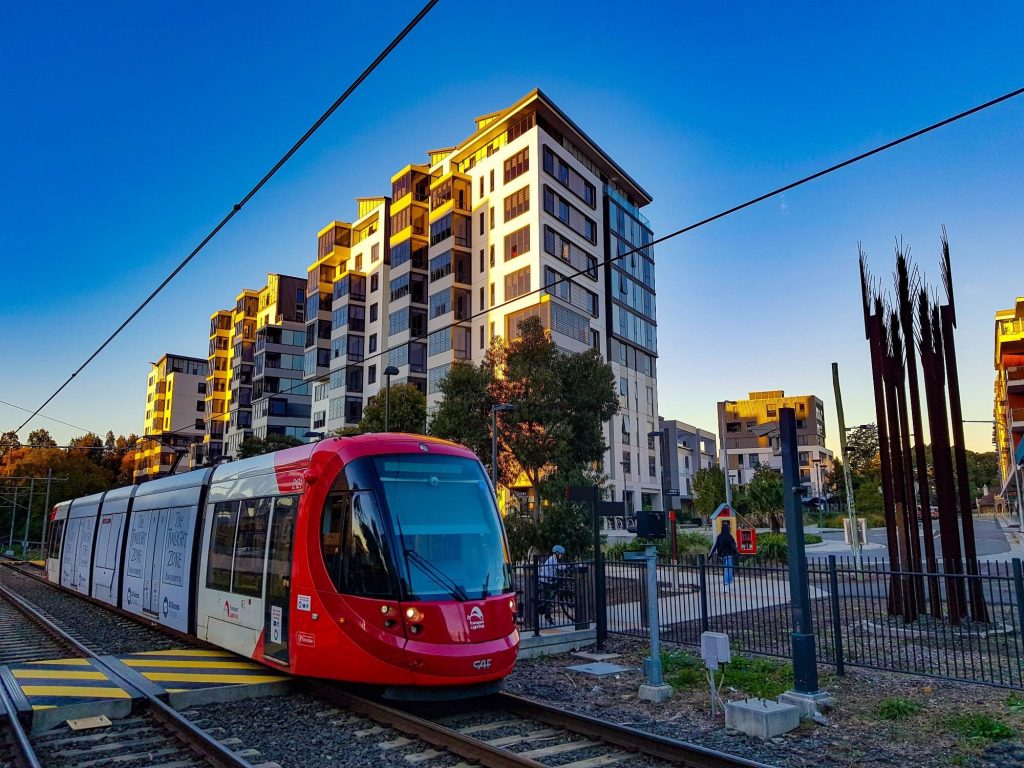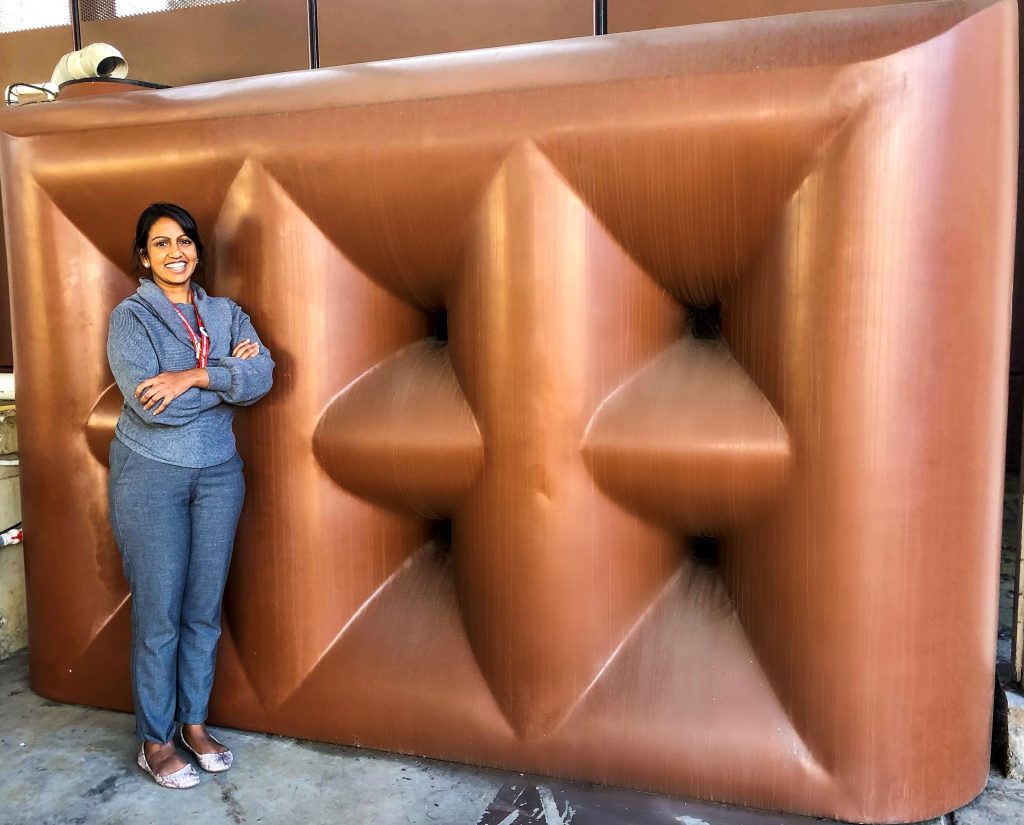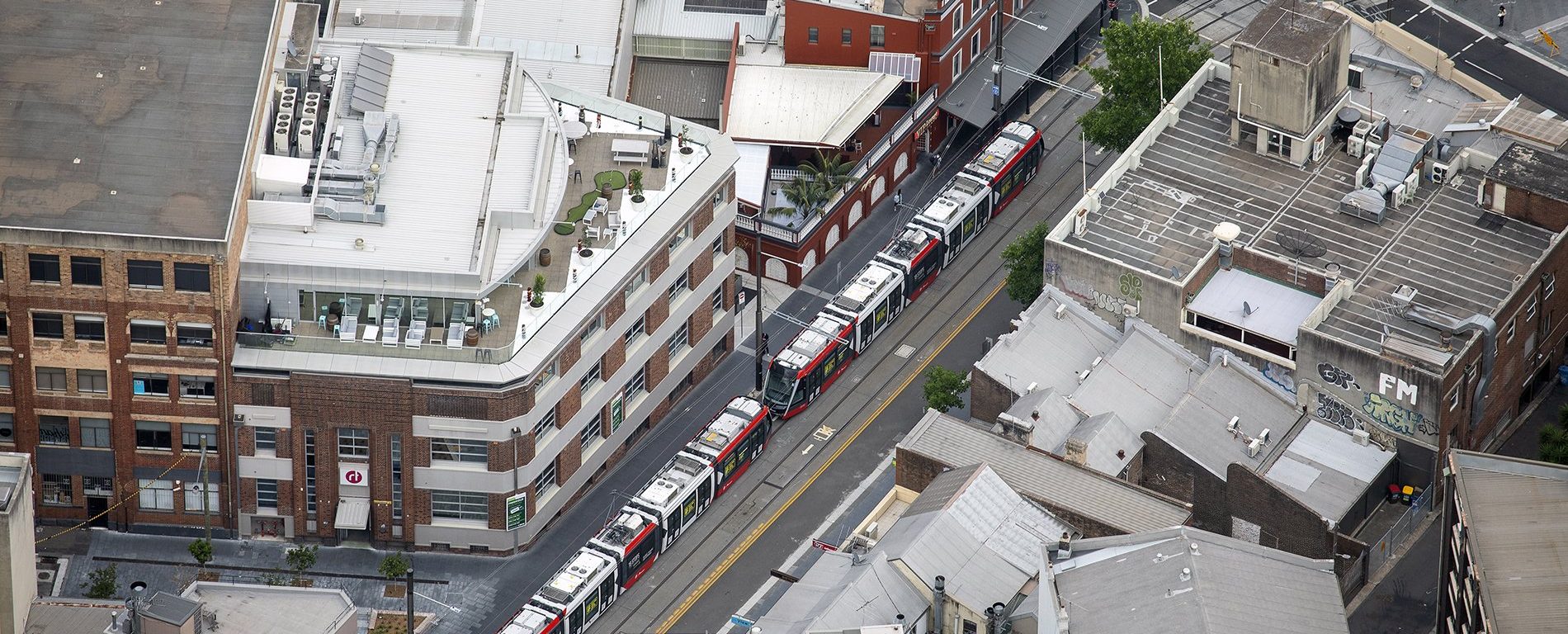The environmental benefits of public transport are widely known. Every full bus is the equivalent of 50 cars off the road, and each full light rail vehicle on Sydney’s L2 and L3 lines is comparable with removing up to 400 cars from the city’s streets. Despite this, before the pandemic an average of 7 out of 10 trips in Australia were taken using private vehicle, mostly cars.
While consumer preference for private vehicles have changed during the pandemic, overall sales of private vehicles in both Australia and New Zealand had been progressively reducing since 2018 (see below).

The challenge for government and mobility providers is to bring consumers back and make public transport front of mind. While ever relevant, green credentials on their own won’t do the job. There needs to be an overall benefit to the investment in mass transit. It needs to operate sustainably, with benefits far reaching than just environmental.
For Transdev, sustainability is entwined with our social licence. Rather than being separate, we are part of the community in which we serve, with our people living, commuting and working within our contracted service area. For us sustainability means engaging with our community in a meaningful and purpose-driven way, by:
- Reducing our environmental impact
- Improving the employment and inclusion outcomes for our community
- Ensuring that our goods and services are procured, sourced and supplied in an ethical and sustainable manner, benefiting local communities.
Over the last 10 years, we have made considerable gains in Sydney Light Rail to operate more sustainably.
Installation of rainwater tanks, solar panels, energy efficient lighting and waste reduction measures have helped to dramatically lower the environmental impact of our operations, reducing our annual water and energy consumption at our Pyrmont office by as much as 20% (since 2017) and 45% (since 2016) respectively. Greywater collection, new energy efficient LED lighting, and improved design, such as geothermal cooling, ensures our rollingstock, stations and infrastructure on the new CBD and South East Light Rail network, L2 and L3 Lines, delivered by our partners ALTRAC, are the most efficient and cleanest operating of their class.

Independent peak-body Infrastructure Sustainability Council of Australia (ISCA) has awarded our Design and Construction partners the highest possible rating for the new networks the construction/as built stage, citing the use of Australian ingenuity through a harmonic and energy saving optimiser which will allow the trams to recover more than 99 per cent of the energy usually lost during their braking mode.
Additionally, geothermal cooling coupled with innovative design has seen a reduction in the amount of energy consumed by substations powering the new line by up to 15mWH per year, dramatically reducing the amount carbon emitted by network operations.
In June 2021 we executed an agreement with ISCA to complete an operational Infrastructure Sustainability rating over a three-year period. Transdev Sydney Light Rail are the first light rail operator in Australia to register with ISCA for an Operational Sustainability rating. Sydney Light Rail is the first project in NSW and the third in Australia to be registered with ISCA for an Operational Sustainability rating.
During 2021-2022 Transdev will be delivering first year credits under the ISCA program which includes focus area as: enhancing ecological values and habitat connectivity on the Inner West Light Rail alignment, climate change adaptation, and community health and wellbeing. In parallel, over this period, robust baseline data will be obtained in resource areas (energy, waste and water), to prepare for the delivery of second year resource credits targeting these areas.
Through our work with local council and community groups, Sydney Light Rail has introduced several initiatives to create greater employment opportunities for residents living near the network. Since 2017, we’ve partnered with the Asylum Seeker Centre at Newtown in Sydney’s Inner West, to mentor and coach job seekers and get them job ready. Under the partnership, more than 100 people have been supported with mentoring sessions. Between July 2019 and June 2021 Transdev Sydney employed 31 individuals from the Asylum Seeker Centre. In addition to this, we work with local schools and First Nations groups to engage them in training, knowledge sharing, and mentoring opportunities.
Our partnerships have contributed to a sense of ownership and inclusion with the local community and indeed more broadly across our workforce, and there have been noticeable increases in staff engagement throughout our teams.

Beyond direct employment and skills, involving the community in our preservation and stewardship of the land on which we operate is crucial to ongoing sustainability of our networks. On the L1 Inner West Light Rail Line, Transdev Sydney has been working closely with the Inner West Council, Sydney Trains, TfNSW to support the GreenWay project. The project is an initiative from Inner West Council with funding support from Sydney Trains and TfNSW, developed to preserve the land corridor surrounding the Inner West Line. Transdev have also initiated a partnership with IWC for ongoing visits on to the light rail corridor to access rare Australian plant species. These corridor species are highly valued remnants of original vegetation which pre-dates colonisation. Transdev Sydney have recognised an ongoing opportunity to provide IWC with safe access to the light rail corridor and ensure that seedlings can be collected for preservation and for use in community nurseries and in revegetation projects.
Projects like GreenWay and efforts to preserve of valuable vegetation with Local Council help to create and mature stronger relationships with different stakeholders and residents.
In 2020 Sydney Light Rail launched our Sustainable Procurement Action Plan which aligns with the Australian Modern Slavery Act 2018. The Plan focuses on three areas, the social, environmental, and economic impact of procuring goods and services. In practice, this means working with specialised social procurement organisations such as Supply Nation, Social Traders and others.
Through partnerships in New South Wales, over the last three years Transdev’s businesses have tripled the number of First Nations goods and services suppliers we work with, spending almost $4 million annually. While this is a strong start, we have set ourselves greater targets in the years ahead for engaging Indigenous businesses and suppliers through our national Reconciliation Action Plan.

Earlier this year, Transdev launched our Modern Slavery Statement across our Australian and New Zealand businesses. The Statement sets out our plan for combating modern slavery within our business and supply chain.
Key to our actions is engaging our suppliers and working with them to ensure that their processes and partners act fairly, do not discriminate or exploit their workers and contractors.
There is still much more that we can do in our business and community to achieving more sustainable operations, but through the initiatives, partnerships and actions already in place we at Sydney Light Rail are on the right track.


